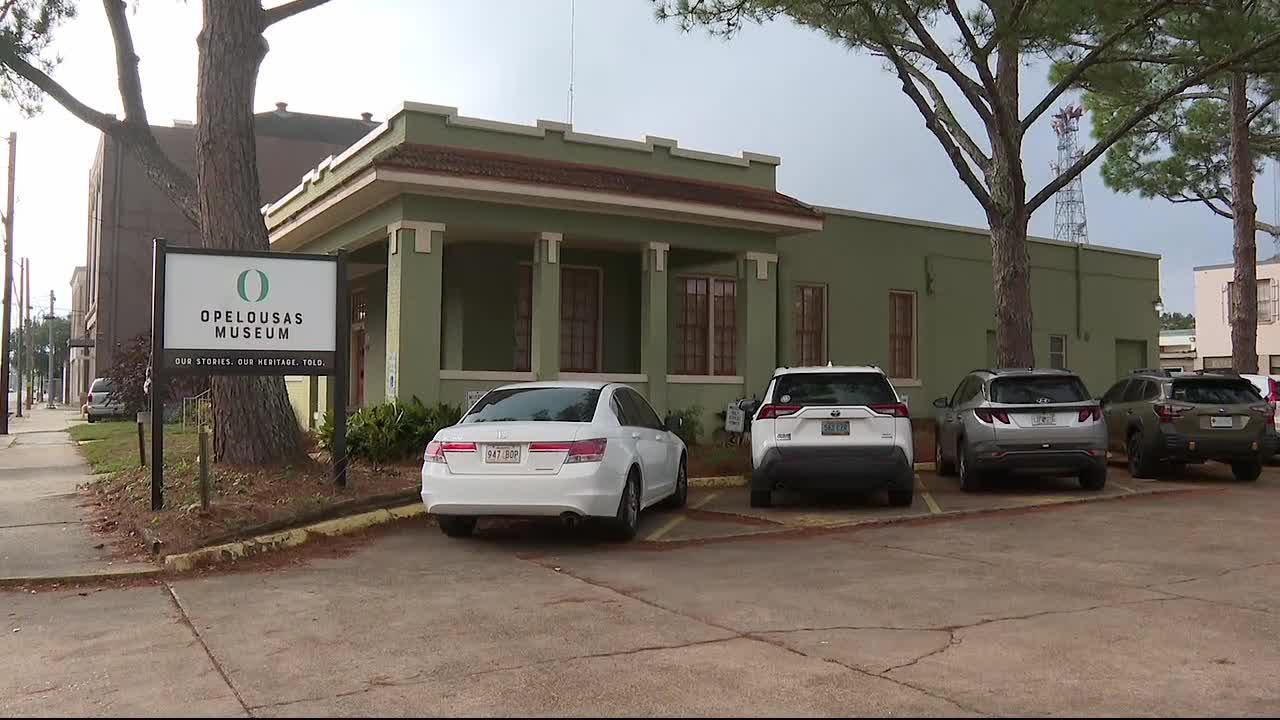ST. LANDRY PARISH (OPELOUSAS) — The Canneci Tinne Apache Tribe has lived in Louisiana since the 1700s, with ancestral territories in areas such as Prairie Maronne in St. Martin Parish and Bayou Tortue in Lafayette Parish—but their history in the region has long been marked by displacement and discrimination.
During the event held today at Opelousas Museum, Chief Cougar Goodbear explained why the ritual had gone unperformed for so many generations.
“Because it was forbidden to," he said.
In the early 1800s, Native American dancing was halted throughout the United States, including Louisiana.
Goodbear said that decades ago, people from outside the tribe would come in and "mask,” taking regalia, swords or sticks, and using them to attack tribal members. Because authorities could not determine who was responsible, they issued broad restrictions.
“The authorities didn’t know who were the culprits, so they said, ‘We don’t want none of you guys doing this,’” Goodbear said.
The result was a ban that halted the Xactci dance for more than a century.
As drums and vocals filled the museum space, tribal members reclaimed a tradition that had been silenced for generations.
“The tribe is still here. The tribe never went anywhere,” Goodbear said. “Everything — we’re still here.”




